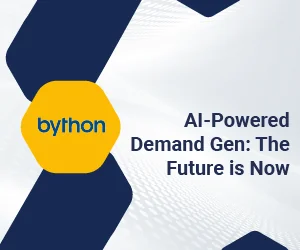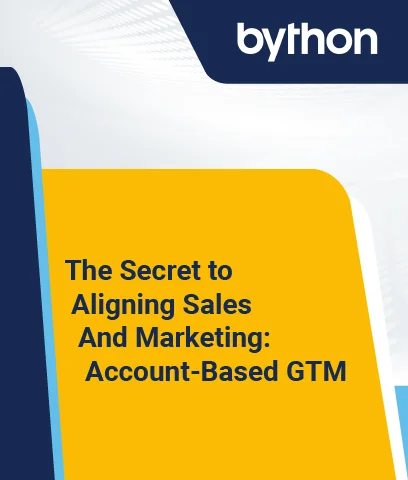Artificial intelligence is playing a much more important role in human resources than ever before.
AI doesn’t intend to take the human element out of human resources.
AI is already disrupting multiple industries, and the HR and recruitment sectors are not going to elude the AI wave that is on its way.
Research firm IDC predicts that the value of the market for AI will increase from $8 billion in 2016 to $47 billion by 2020.
What does AI for recruiting mean?
AI for recruiting is the application of artificial intelligence tools, like machine learning or that a computer can do to ease the recruitment function. AI powered recruiting has many advantages:
#1. Time Saving and Automation Function
The recruitment process has multiple steps, each of which is critical in narrowing down prospective employees for the company from a pile of applications. With artificial intelligence, you can reduce the amount of time it takes by 80%. This not only saves time, but cuts costs. AI for recruiting could be a boon for recruiters, if it can successfully automate repetitive tasks like screening resumes or scheduling interviews with candidates.
#2. Improving Quality of Hires
AI improves the quality of employees hired by standardizing job matching. The hiring manager enters the minimum criteria, credentials, personality traits, and other attributes to be found in the employee. The machine then scans the pile of resumes and categorizes applicants according to the profile within minutes. This improvement in job matching is predicted to lead to happier, more productive employees who are less likely to quit.
However, there are perceived cons to using AI in the human resources department:
#1. AI Requires a Lot of Data
AI runs on data. It requires a lot of data to learn how to accurately mimic human intelligence. For example, AI that uses machine learning needs a lot of data to learn how to screen resumes as accurately as a human. This can mean several hundred to several thousand resumes for a specific role.
#2. AI Can Pick up Human Biases
AI for recruiting promises to reduce unconscious bias by ignoring attributes like a candidate’s age, gender, and race. However, AI is trained to find patterns in previous behavior. This means that if a company has an employee base with more people of a particular kind, the machine can sort them out.
#3. Scepticisms Associated with Technology
Recruiting and talent acquisition leaders can be skeptical of any technology that promises to make their jobs easier. Many of these tech advancements become passing fads, but AI is most likely here to stay.
AI makes hiring less time consuming, more cost effective, and more fruitful. There are 3 main ways that AI for recruitment technology will change the role of the recruiter:
- HR managers can implement a proactive hiring strategy instead of using hours on reactive backfilling.
- The HR executives will have more time to spend with candidates in-person to build relationships and help determine culture fit, and potential errors are minimized.
- Recruiters can close the loop with hiring managers, as AI allows them to use data to show recruiting attributes.
Everywhere we look, technology holds the power to disrupt almost every aspect of our lives. AI is feared to replace HR, but instead of having that fear, we should gear AI to support HR functions for better employees and hiring processes.







